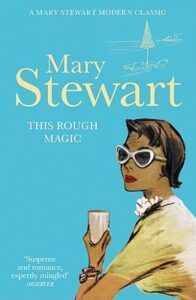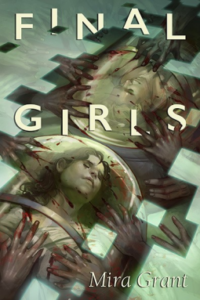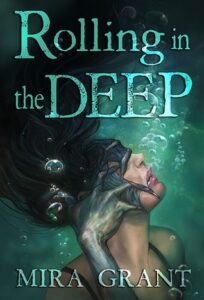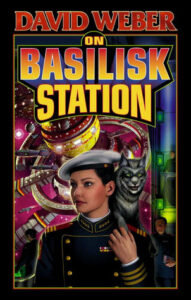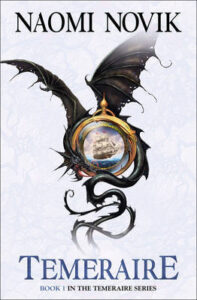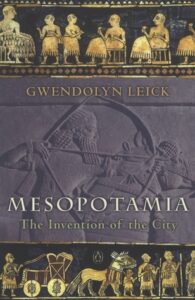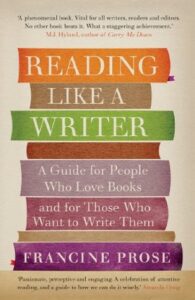 Reading Like A Writer, Francine Prose
Reading Like A Writer, Francine Prose
How lucky do you gotta be to have a name like that when you’re an author? Honestly, I hope it’s not a penname — it’s just too perfect.
The book, however… Well, I was hopeful when I read the first chapter. It talks about the value of close-reading, which I’m very much agreed with. I was taught close-reading by Professor Martin Coyle, and especially when it came to Sir Gawain and the Green Knight, it was revelatory. There’s so much there if you just focus deeply on the words of a text — references, clues, imagery, that you just might not register if you read fast. And I agree with Prose’s fears that literature is being taught as a mass of conflicting theories, to the exclusion of really understanding the nuts and bolts. While I am a new historicist, new/practical criticism has always been a huge help to me — and it continues to be so, even in understanding scientific writing.
If you’re interested in that kind of reading, though, I’d recommend Martin Coyle and John Peck’s Practical Criticism and Peck’s How to Study a Poet. You can also pretty much teach yourself by just looking hard at a poem — circle things that seem significant, underline, draw maps of how it works… You’ll likely see the value of it pretty quickly if it’s a way of thinking that will work for you. (And, bonus, both books are especially good if you want to learn how to communicate what you find via close-reading.)
However. The rest of the book mostly consists of extracts of what Prose has decided is “good writing”, almost all of it from very literary examples, and then her discussion of it. To me, this isn’t the way to learn how to read like a writer — if that is what this technique achieves — but just the way to learn how one writer reads. Not quite the same thing. It’s also notable that there’s no sign of genre fiction in here at all. Ms Prose, I do suggest you pick up some fine genre stylists; perhaps Ursula Le Guin? You might get a whole new education.

